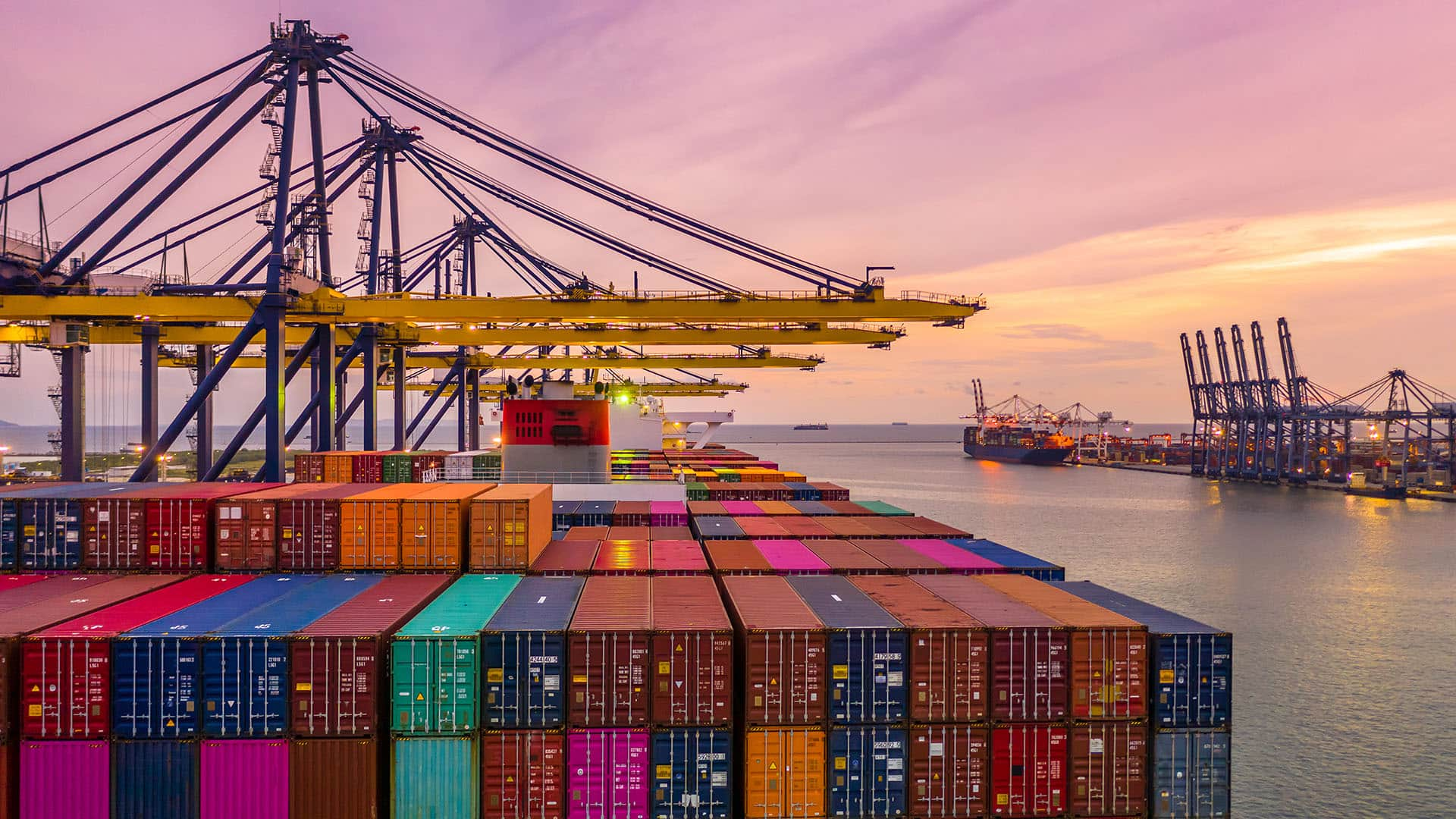Past Events
Report Launch: Assessing progress in implementing the Gender Equality Act 2020
In this webinar, the report from the project 'Assessing progress in implementing the Gender Equality Act 2020' was launched. The report provides five sets of recommendations to achieve workplace gender equality. Recommendations are the allocation of resources to change the culture and increase the leader’s accountability, systematic change to recruitment, promotions and job allocation processes, setting targets and KPIs, improving flexible and part-time working arrangements, and intersectionality awareness and consideration. The findings have shaped the Department of Transport’s Gender Equality Action Plan and its related strategies.
The findings and recommendations of the report provide the steppingstones to achieving workplace gender equality with the Department of Transport and many other organisations in male-dominated sectors such as transport and logistics.

Open Data and Smart Mobility: A panel discussion
The advancement and application of digital technologies, such as social media, mobile technologies, smart gadgets, sensors and big data have created a morass of digital data. As such, ‘datafication’ of society is contemporary and prevalent, especially in the context of smart mobility, where the vast amount of human activity and behavioural data has been captured by mobility-as-a-service (MaaS) providers, Internetof-Things (IoT) applications, etc. These data are often stored in private and public sector databases with some being made available publicly through government-driven open data
structures.
In this webinar, co-hosted with the Department of Information Systems and Business Analytics and in collaboration with NTT Data and Institute of Transportation Engineers (ITE), the panel of representatives from industry, government, and academia explored the social and technical aspects of open data and its application in the enhancement of smart mobility. They key questions discussed included: How open data facilitates smart mobility; What the barriers, issues and challenges are of accessing and using open data as an enabler for smart mobility; and much more.

Gender equality in the Transport & Logistic industry: How embedded ideologies impact the labour market
In this recent webinar Dr Aida Ghalebeigi presents the findings of her research on gender equality and women's access to, and participation in, the transport and logistics sector.
Dr Ghalebeigi is joined by Ms Julia Armstrong, Execution Manager at A.P. Moller - Maersk and Ms Louise Wiene, CEO of NAWO-National Association of Women in Operations in an interesting and in-depth discussion of the the issue, obstacles and opportunities for greater gender equality.

Policies and Strategies
The Transport and Logistics sector has been traditionally male-dominated and fails across all the gender equality indicators including underrepresentation of women in the sector, lack of female senior leaders, and pay gaps.
In this panel discussion, GTL and the Department of Supply Chain and Logistics gathered experts from industry, public sector, and academia to discuss the policies, strategies, and legislation in achieving workplace gender equality.
The event was a success with more than 180 registration from leading organisation in transport sector such as Department of Transport, Metro Trains, Yarra Trams, Australia Post, Linfox, WorkSafe as well as academia.

Mobility as a Service (MaaS): a panel discussion
In this recent webinar the Department of Information Systems and Business Analytics and the Global Transport and Logistics Research Group explored if Mobility as a Service (MaaS) a viable solution to provide integrated, sustainable, and multimodal urban transport options for users. They were joined by Ms Susan Harris, Chief Executive Officer of ITS Australia, Dr Chinh Ho, Senior Lecturer Big Data and Spatial Analytics at the University of Sydney and Mr David Gray, Director Transport and Customer Strategy in the Victorian Government Department of Transport to discuss what MaaS means for Australians and what we think about it, what technology, systems and challenges are present in the design of MaaS, and the policy implications it may have.



